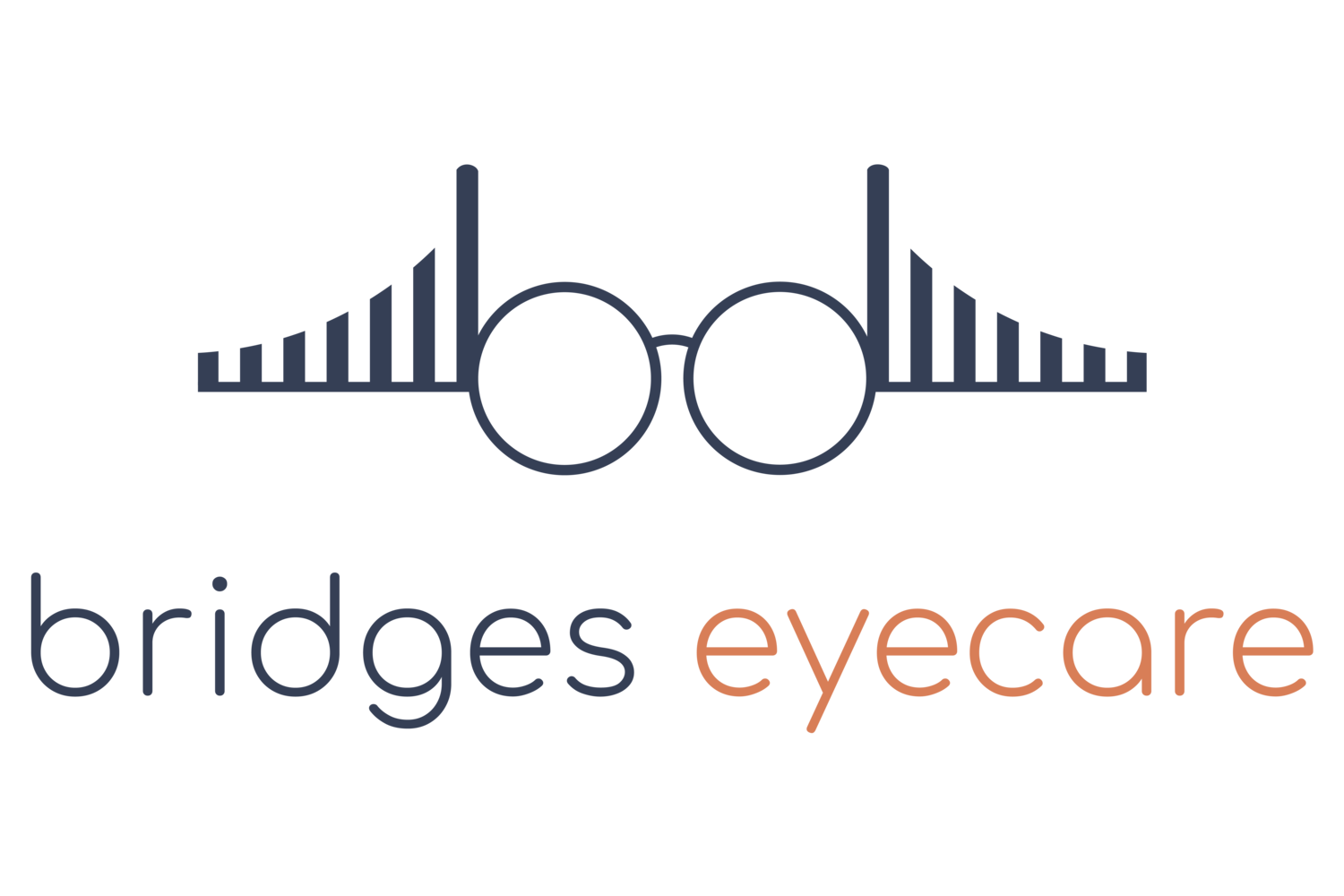Full Service Eye Exams
A comprehensive eye exam is not just a test of visual acuity. You might have had your sighted tested at a DMV center, or at your primary care doctor, but these vision screenings do not test for eye diseases.
Many eye diseases don’t show any noticeable symptoms. Your eyes could suffer from serious damage over a long period of time, and by the time you notice a change, your vision would have suffered irreversible damage.
Vision loss does not have to happen if caught on time! The team at Bridges Eyecare is fully equipped with the diagnostic tools to perform full service eye examinations of the anterior eye segment (front structures of the eye) and the retina (inside and back of the eye). Our goal is to catch eye diseases in their early stages, long before you notice any vision loss.
What Happens During An Eye Exam?
The exam starts with asking you about any vision or eye complaints, a history if your ocular and medical health, and a family history of eye diseases such as macular degeneration, cataracts, glaucoma, or any other family history of vision loss. The optometrist is then going to test for:
Visual Acuity
Eye movements
Pupil reflex
Visual Field
Ocular health assessment
Depending on your prescription, your health, and family history, Dr. Lingad may suggest further testing to evaluate your ocular health. For example, if you have a strong family history of glaucoma, you may need a more thorough visual field testing, or a photograph of your retina taken.
When Should I Get An Eye Exam?
Do not hesitate to get examined at any time if you suffer from blurred vision, new headaches, eye pain or discomfort, or simply want to re-check your prescription before purchasing a new pair of glasses.
If you have diabetes, or any other systemic disease that could potentially affect the eyes, an eye exam should be performed yearly.
If there is no particular changes in your vision, an eye exam should be performed every two years before the age of 65 and yearly after the age of 65.


